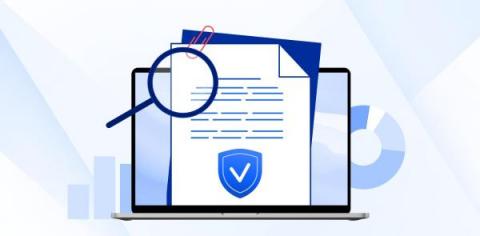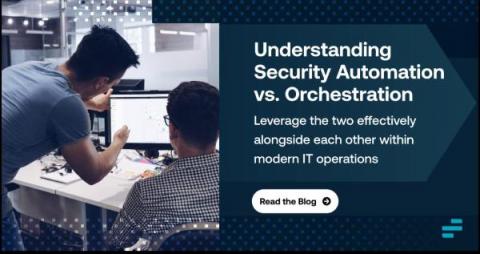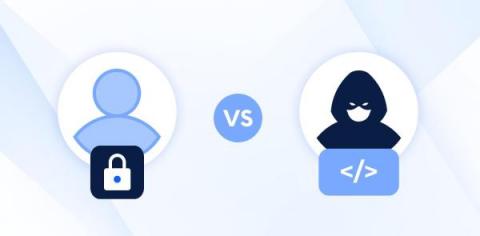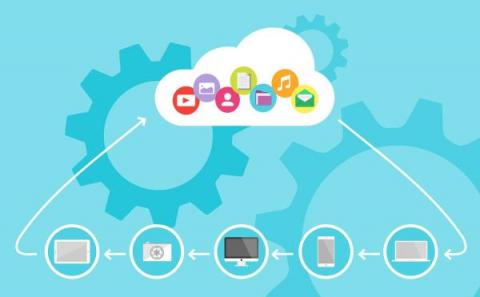How secure tech can improve public service delivery in Australia
Australia’s government has big aspirations to increase public service capability and capacity. By reducing its reliance on external firms and bringing capabilities in-house, the government hopes to boost efficiency, improve spending, and become a more equitable, inclusive employer. This transition won’t necessarily be easy. Manual processes and disparate legacy systems will make it difficult for government agencies to deliver great employee experiences.











